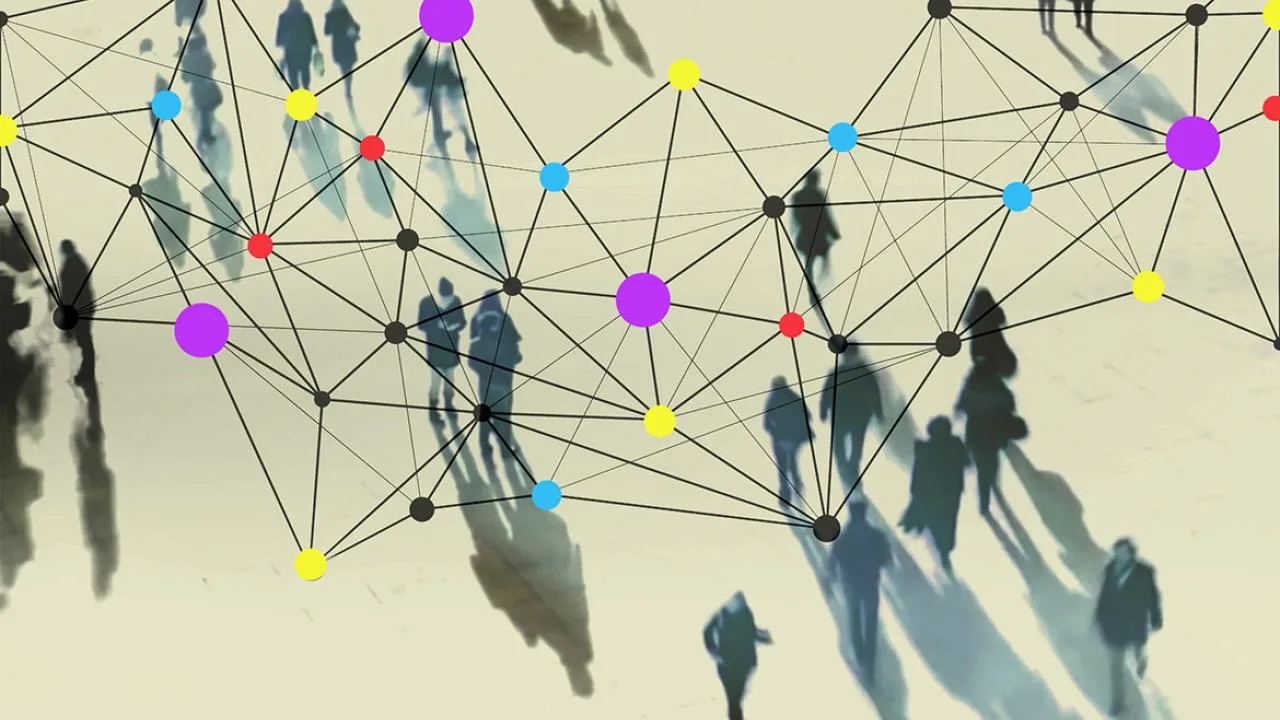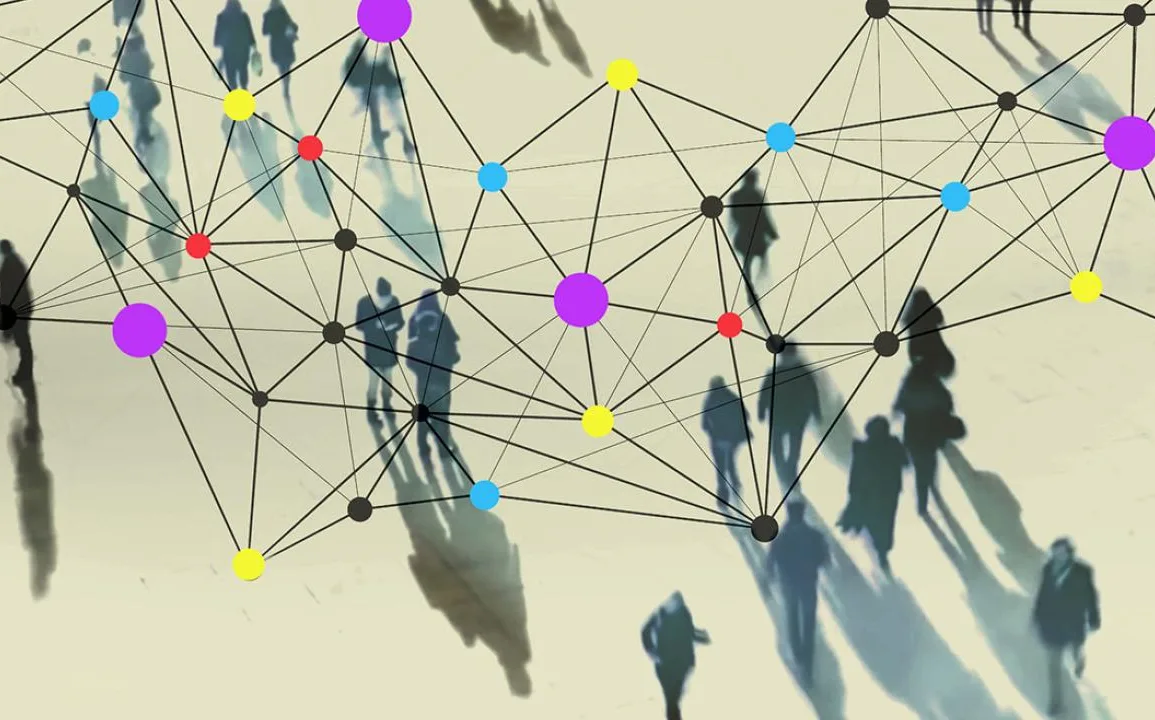
The research one conducts as a medical student can further the body of knowledge used to improve patient outcomes. These scholarly pursuits also can shape careers and help bolster a residency applicant’s credentials.
Now a family medicine resident at MultiCare Tacoma Family Medicine, Naomi T. Nkinsi, MD, MPH, learned many lessons as a medical student researcher. Many of them—including the importance of understanding populations and systemic factors that affect health—shape the way she approaches her daily practice.
For medical students looking to gain insight on the research process and the work their peers are doing, the AMA Research Challenge virtual poster symposium and semifinals take place Oct. 18-20. The event offers the opportunity to explore research in a variety of topics and specialties, provide advice and feedback, and score posters to help decide the five finalists who will compete for a $10,000 grand prize.
Medical student research retrospective: Naomi T. Nkinsi, MD, MPH.
Residency program: MultiCare Tacoma Family Medicine.
Specialty: Family medicine.
Medical school: University of Washington School of Medicine.
How I got interested in doing research: The summer after my senior year of high school I took part in a summer research program at the University of Washington for URM [underrepresented minority] students interested in STEM [science, technology, engineering and mathematics]. During that summer, I lived on campus and conducted independent research in a genetics lab. I ended up staying in that lab all four years of undergrad, publishing papers and presenting at national conferences.
Through this research, I also learned about other summer programs at Harvard and MIT [Massachusetts Institute of Technology] that I took part in on my summer breaks during undergrad. I really enjoyed doing benchwork research and eventually worked as a research technician at Fred Hutchinson Cancer Research Center before medical school. My interest in scholarly pursuits fed into medicine because I was interested in science, but medicine allowed me to personalize that with patient care and apply the science in a way that benchtop research doesn’t really allow.
My first foray into medical student research: As a medical student I conducted global health research on the impacts of food insecurity on HIV health outcomes. I loved this work, and it inspired me because the data I was working with and producing could make an immediate impact by changing clinic policies.
The earliest and best lesson that I learned in my research on the impacts of food insecurity on HIV health outcome is that a researcher’s proximity to the population being studied matters. In order to really understand your study population and get a better idea of the day-to-day matters that impact their lives and how to interact with the world, you can’t just work on databases without ever going into the field. The assumptions I would have made about my data had I not been at our clinic site and worked there for several months interacting with the patients would have been completely different and I wouldn’t have had any context.
My signature medical student research: The research that I’m most proud of is my work on the impacts of race-based medicine on the health outcomes of Black patients. This work and the activism around it led to groundbreaking policy changes across the country allowing more Black patients to have access to kidney transplants and the care they need.
How my research relates to my physician specialty choice: I found that I really enjoyed thinking about population health. Because of that, family medicine felt like the perfect route since so much of what we do is preventive health. It felt like a really good fit for me and my interests.
Why research skills are essential in my specialty: Family medicine is not typically viewed as an “academic” specialty, but I disagree with that notion. Working with such a large scope requires the ability to problem solve and understand evidence-based practices, both skills that are cultivated by research experiences.
How much research I conduct in my day-to-day practice: I’m an intern, so most of my time is spent just trying to stay afloat! I haven’t had much time to pursue scholarly activities, but I hope to once I’ve had more time to adjust to this new stage of life that is residency.
How medical school prepared me to conduct research: My medical school had set time for students to pursue scholarly projects, which was nice. I also took a year off to pursue an MPH in global health, which allowed me even more time.
Barriers I encountered in conducting medical school research: The biggest barrier was time. It’s very hard as a medical student to carve out time to do research because you are already balancing way too many things at baseline. Adding more seems impossible at times. Even with the protected time for scholarly activities, it often felt rushed because you still have to study for board exams.
How I have identified research mentors: I specifically looked for people who had worked with students before and whose students were willing to speak to me about their experiences. As a Black woman, it was also important to me to see that my mentors had worked with other Black women who were able to thrive under their guidance.
My most recent research mentor gave me a lot of independence in deciding what research questions I wanted to ask and how I wanted to analyze my data. That was very scary at first because it involved a lot of failure and self-teaching, but it really helped me gain confidence in my skills. I had the chance to lead the way, but always with the safety net that someone would be there to help me when I stumbled.
What I would do differently as a medical student researcher: If I could go back to my days as a student working on research, I would work on my time management more. This was the biggest source of stress for me. I wish I had been better at making a schedule of when I wanted to accomplish specific tasks and actually stuck to it.
Advice for medical students with designs on publishing: My advice is to find research that you are actually interested in. Research is fun, but if we are honest, a lot of it can be a drag and often tedious. If you don’t like what you are researching or have genuine interest in it, you aren’t doing much other than actively making yourself miserable. Find something that excites and interests you.
Advice for medical students with designs on publishing: My advice is to find research that you are actually interested in. Research is fun, but if we are honest, a lot of it can be a drag and often tedious. If you don’t like what you are researching or have genuine interest in it, you aren’t doing much other than actively making yourself miserable. Find something that excites and interests you. It makes the harder days of the work tolerable and the fun days even more rewarding.
Other tips for medical student researchers: Having a supportive, kind and understanding mentor should always take precedent over finding a “name brand” mentor. I was very lucky to find an amazing mentor in the field of HIV research who is also well respected by his colleagues and that’s, of course, the ideal. Research is deceptively political with a lot of hidden hierarchy and people who will take advantage of students eager to have opportunities. Be aware of how your mentors treat you. Your value as a person will always be greater than any paper or presentation. There’s no research in the world worth your mental



